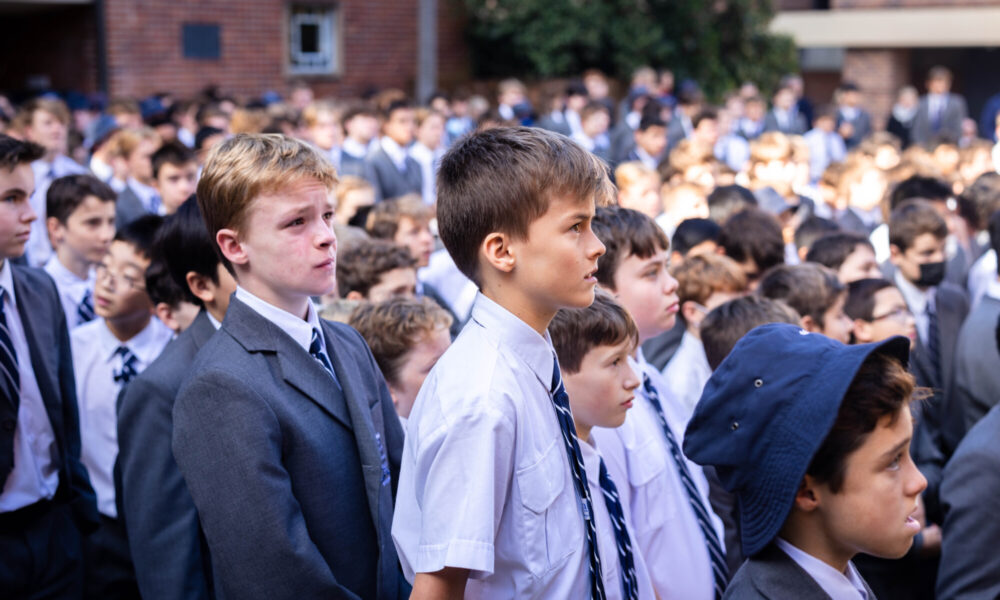
Wellbeing Matters
Wisdom from Maggie Dent
I have been a fan of Maggie Dent, an Australian parenting author, educator and speaker, for some time. I often listen to her podcasts and I am always struck by her common sense approach to raising children, especially boys.
Here is some great wisdom that I have gleaned from listening to Maggie.
What can parents do to help adolescents manage the developmentally normal stage of emotionally intensity?
- Do everything you can to make home a safe base. Sometimes leave the fight over the untidy bedroom and just close the door. If they discharge some of their emotional angst at you – breathe and choose not to take it personally. Self-harm in adolescence is at a disturbing level and it is seen as a coping strategy for big, ugly feelings. Let them discharge these big, ugly feelings safely at you (however never accept them lashing out physically at you) because they love you and hope you can still love them as they work through huge feelings.
- Almost in the same way that we care for toddlers, who also experience the same levels of confusion and frustration, the most important thing to do is to validate what they are feeling.
- Become a trusted person in an adolescent’s life. Trust, and the role it plays in the developing adolescent, is enormous. When their trust is broken, and they feel betrayed by the few people they have chosen to trust, adolescents are deeply wounded. Most teens do not allow their parents to help no matter how hard they try. Partly for developmental reasons they push back from parents. This is where adolescents can benefit from having a ‘lighthouse’ figure, a safe adult ally in their lives.
- Become well-informed about the unique developmental aspects of adolescence especially the teen tipping point.
- Boys and girls tend to process emotionally intense experiences differently. Girls can tend to respond very quickly. Boys tend to internalise these huge emotional confusing feelings and often they come out via irrational behaviours. For many boys, they have been conditioned to shut down their emotional world so that they can appear ‘tough’ or in control.
- Caring adults can help teens to make sense of their emotional turmoil rather than deny it, make it wrong or minimalise it. Serious, active listening and caring communication are really important.
- Model kindness and fairness above all else while adolescents are walking this bumpy ride to adulthood. They cannot be what they haven’t seen or experienced. Remember to ask your adolescent often, “How can I support you on this bumpy ride?”
- In our achievement-driven world we must be careful that adolescents don’t come to believe that they are only worthwhile when they reach clear goals like passing exams or reaching a parental expectation. This can set up thinking that can lead them to having problems later in life. Rather, have them accept that everyone matters and our main aim in life is to make the world a better place.
- Help our adolescents with how they see their world and how to know what their individual top five ‘cup fillers’ are when things get tough. When our parents and other key grown-ups model self-care, it can also help our teens learn how to take better care of themselves eventually.
- Choose to bring hope and light into our adolescents’ lives. The world is often a big nasty place and we need to reassure them that things get better. I have found that adolescents are very easily influenced either positively or negatively. Choose to influence them positively please.
Having hope helps people from overwhelming anxiety, a defeatist attitude or depression. Optimism works like hope — it can lift performance in life. Hope and optimism can be learned just like helplessness and despair.
Christopher Peterson, Steven F. Maier, Martin E. P. Seligman, Learned Helplessness (1995)
Accepting that emotional turmoil and confusion is a completely normal part of this major life transition is the first thing parents and educators need to do. Recognising what we really can do to help is the second step.
Finally, we must celebrate the enormous potential of this fascinating stage of life – and enjoy the bumps and bruises – with a good dose of patience, laughter, hugs and very good coffee with other parents who are also dancing the wonky waltz we called adolescence.
Ms Rowena Dudgeon
Deputy Head Pastoral Care

